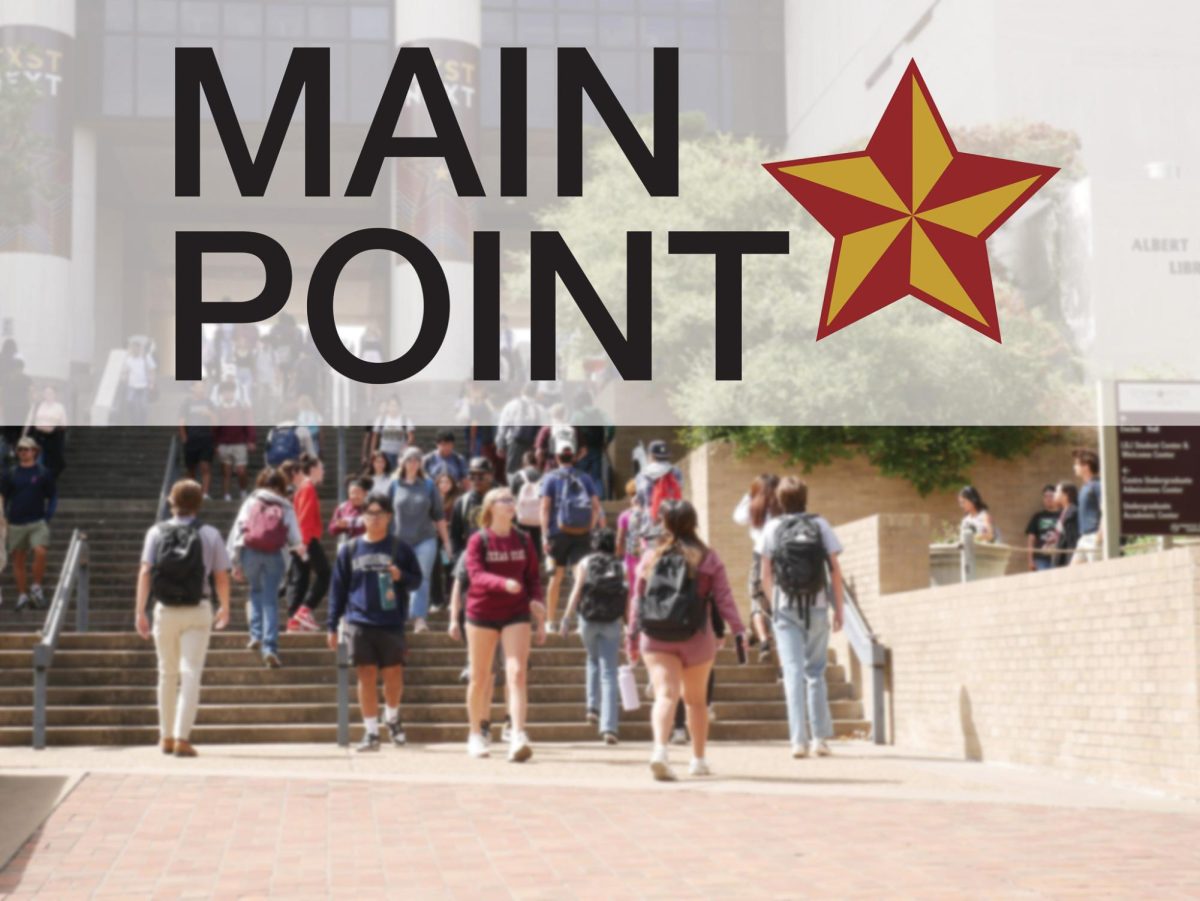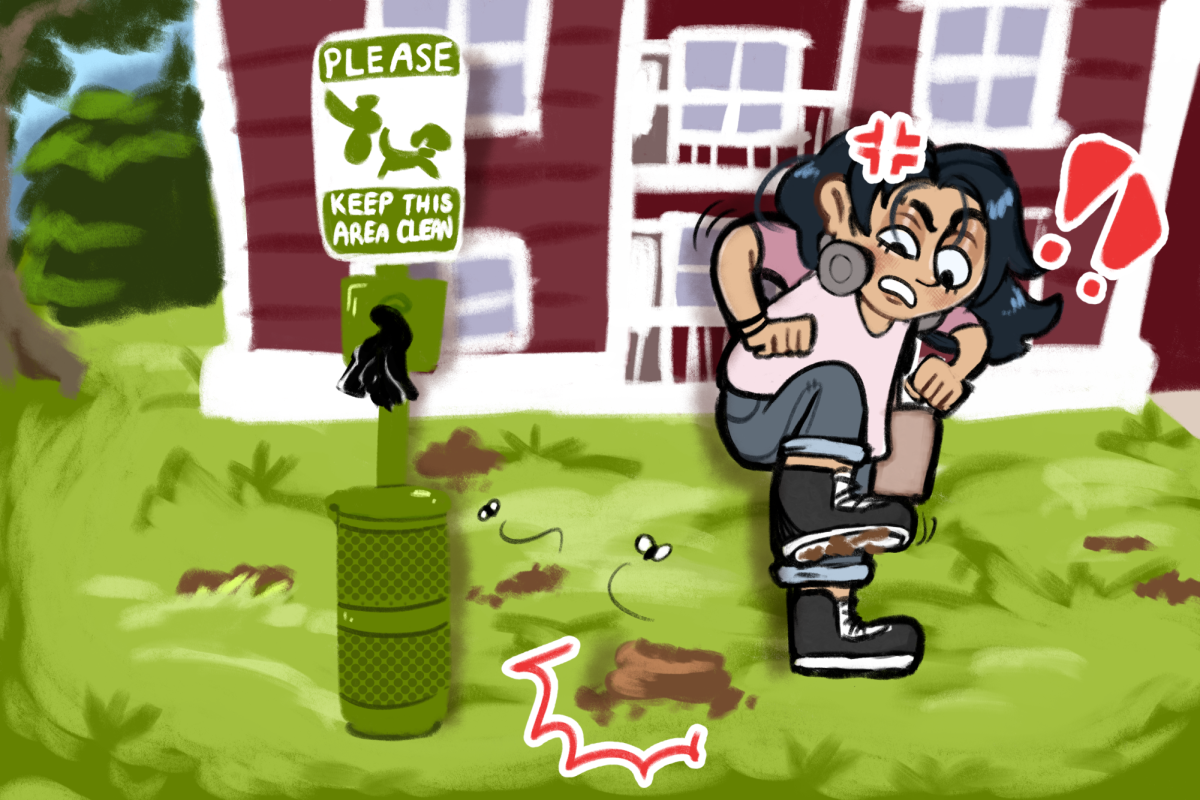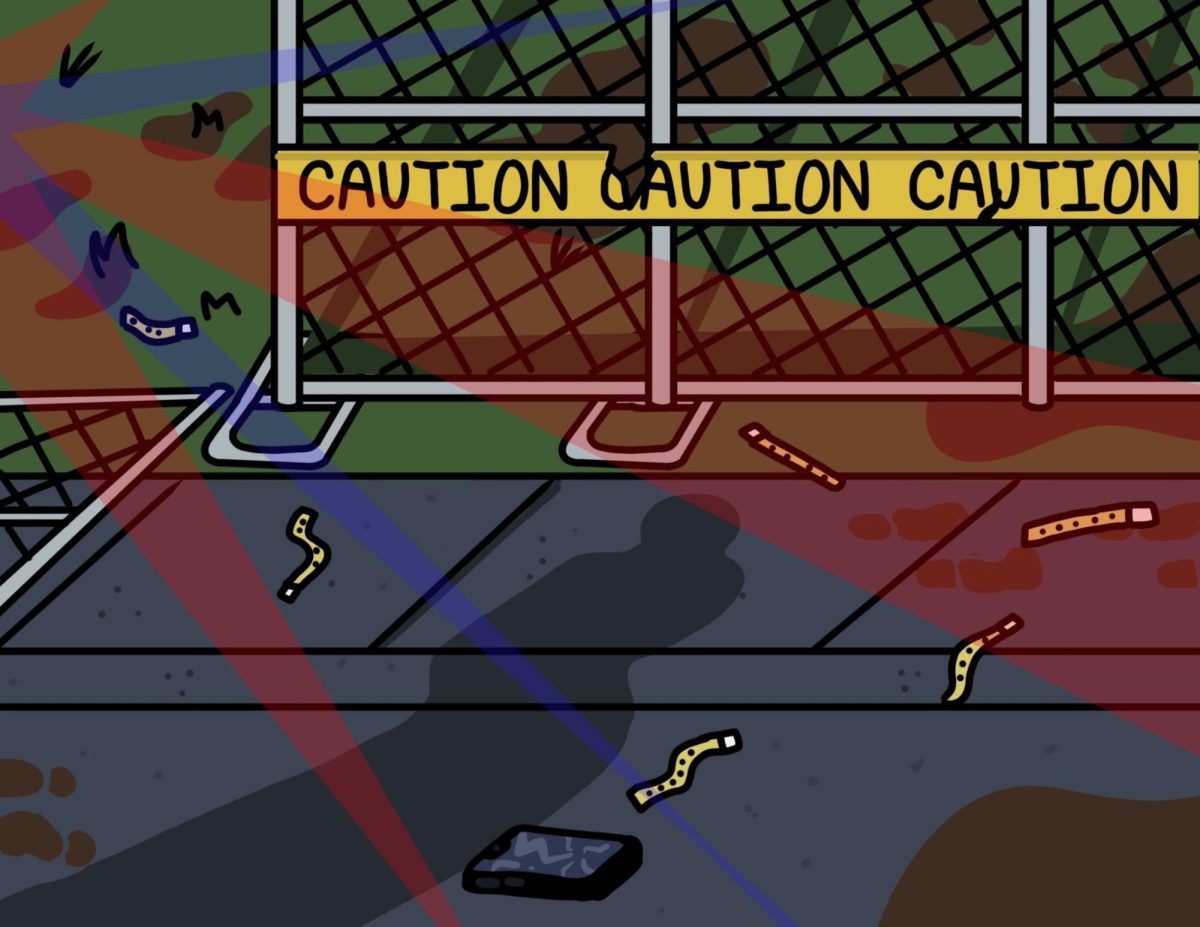Editors Note: The international student who spoke with The Star was granted anonymity due to concerns about their legal status.
International students are now being punished for utilizing the rights they have been promised.
“The first thing you get when you get your visa approved in the embassy is the [a Know Your Rights document],” a Texas State international student said. “The first thing is freedom of speech, and now just to turn around for this to happen is a slap in the [expletive] face.”
The Know Your Rights document outlines rights for international students such as free speech and freedom of expression.
On April 11, Texas State University confirmed two students had their immigration statuses changed. Over 1,500 international students from 93 countries were enrolled at Texas State this fall.
Jayme Blaschke, a university spokesperson, said in an email to The University Star, “TXST is committed to supporting our international students while complying with all state and federal laws.”
The federal government and the current White House administration are solely responsible for this issue. Texas State prides itself on its diverse campus and international students, and we hope it will continue to aid and protect students.
Texas State is not the only university with international students affected by these visa changes. According to Inside Higher Ed, over 170 colleges and universities across the country have identified students whose visa statuses were changed as of April 14.
In Texas, 15 institutions have identified students with visa changes.
International students are the backbone of many universities and targeting them is aimless. According to NAFSA, international students contributed $43.8 billion to the U.S. economy during the 2023-24 year.
In the same email from Blaschke, he stated both affected students were notified of a change in their immigration and Student and Exchange Visitor Information System (SEVIS) status. According to The Texas Tribune, visa revocations prevent re-entry into the U.S. but do not have as immediate an effect as SEVIS removals. Removing students from SEVIS creates a more difficult appeal process.
Currently, the only resource listed on the Texas State International Student and Scholar Services website is the “ImmigrationCases.org,” website. The “immigration law” section on the Attorney for Students website is under construction.
Blaschke stated the university was connecting the affected students with “appropriate resources.” However, when asked for clarification Texas State reaffirmed its general statement on assisting impacted students but did not provide additional details.
The Department of Homeland Security said in an April 9 statement it would begin “screening” international students’ social media accounts for supposed antisemitic content.
“I’ve been very aware of what I’m posting on social media,” the international student said. “At the same time, I still continue to post because I feel like every time I [censor myself] it’s a win for them.”
Providing educational resources to international students should be among Texas State’s top priorities. Many international students are unaware of how the U.S. legal system operates. When visas are revoked or SEVIS statuses change, these students are left stranded with no knowledge of what to do next.
The international student said they are fearful of what steps to take.
“Do I reach out? Do I mobilize? Do I ask if people are doing okay, or does that also put me in a dangerous spot?” they said. “I’m becoming paranoid. I think every move I make is incriminating me.”
While Texas State may not be able to fight off the federal government without fear of losing funding for the university as a whole, the administration should still strive to protect its students in every way possible. By providing legal services, proactive communication and clear protocols, Texas State would show the care it has for its students.
The U.S. government wants international students in the classroom, but not at the protests, not in the press and definitely not with an opinion. They’re welcome to fill seats in lecture halls, but the moment they use their voices to disagree, their presence becomes a problem.
At Texas State, the university says it’s building a campus where international students are not only included but heard. Where their perspectives are valued, not penalized. But what does that mean when federal agencies are detaining students, revoking visas and sending the message that silence is safer than speech?
TXST can offer space and solidarity, but right now, the federal government is taking that space away.
“It’s going to reach a point where international students and non-citizens are not going to be the only ones affected,” the international student said. “Today it’s international and permanent residents. Tomorrow it’s going to be you.”
The Main Point is an opinion written by The University Star’s Editorial Board. Opinions expressed are not necessarily those of our entire publication.




















